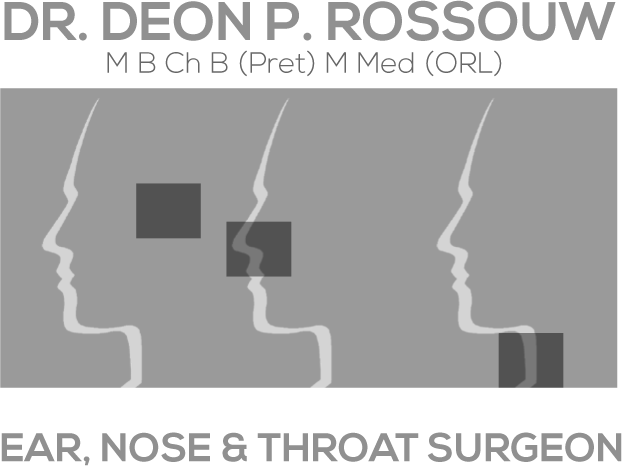Have you ever wondered whether Musicians who are generally exposed to loud music over a prolonged period of time have a higher incidence of hearing loss?
During the last number of years, both Musicians and Hearing Specialists have become aware that rock and classic music have the potential to produce noise induced hearing loss. In a large study in Sweden’s Concert Hall if was found that the Musicians there had a 42% higher hearing loss than was expected for their age.
Auditory acuity and sensitivity are especially important to this cohort of Musicians and even a sudden deficit detracts from their performance quality. In extreme cases obviously it could mean the end of the Musician’s career.
Exposure the excessively loud levels of sound may damage the ears in two ways:
- Mechanical through direct increase in the wave trauma on the eardrum;
- Sensorineural hearing or nerve loss.
Mechanical trauma such as eardrum ruptures or dislodgments of the middle ear bones are the result of an instantaneous noise such as gunfire or explosions.
Sensorineural hearing loss caused by repeated exposure to excessive noise levels, is more of concern to Musicians.
In addition to the auditory effect, noise can cause physiological and psychological problems as well over the long period.
Just a short summary of how we hear
Sound is initiated by a mechanical force, like a piano striking or a guitar. This sets vibrations in motion and affects the density of the air. Molecules are compressed in periodic wave-like motions. These vibrations enter the outer ear and stimulate the eardrum which then translates the sound to the inner ear where the mechanical noise is transduced in the cochlea to an electrical impulse which is then transported to the relevant area in the brain and interpreted.
The hair cells in the cochlea where the sound is transduced, is the most sensitive. The lower sounds are generally interpreted at the base of the cochlear convolutions and the higher pitch sounds at the apex. It is mostly the higher pitch sounds that are affected.
What is sound?
The two major characteristics of sound are intensity and frequency. Intensity is generally perceived as loudness. This is measured in decibels. To give you an idea of sound pressure levels, whispered voice is at 20 decibels, conversations between 45 – 60 decibels, a vacuum cleaner at 80 decibels, orchestral music between 80 – 90 decibels, a rock music band between 105 – 115 decibels, a discotheque at 120 decibels and a jet take-off at 300 feet distance is 140 decibels.
Frequency is perceived as pitch and is measured in cycles per second or Hertz (Hz). The normal ear can detect frequencies between 16 Hz and 20 000 Hz. Normal speech is between 250 – 3000 Hz.
How does hearing loss occur?
The initial effect of high intensity sounds in the sensory cell causes fatigue of the cell which produces a temporary deficit. This is called a noise induced temporary threshold shift, for example a 25 decibel tempo shift means that the sound has to be 25 decibel louder than before the exposure in order to be heard.
Recovery from these temporary threshold shifts is usually over a period of fourteen to twenty four hours. The rapidity of the degree is usually a magnitude of the initial hearing loss.
Initially, noise induced hearing losses occur at the 4000 Hz area. This is the most vulnerable area. With continued exposure, the hearing loss will spread to both the higher and the lower frequencies and at that point it becomes a problem for the patient who cannot interpret sound as well as before.
The most important problem with noise induced hearing loss is that initially it is so subtle that the patient does not go for investigations and by the time the patient is investigated and an audiogram is done, it has usually progressed to an extent that it becomes a more long term problem. People will say I can hear fine but everybody seems to be mumbling, and this is especially common in an area with background noise or they will say on a one to one conversation I am fine, but in an open situation I don’t hear at all.
The reason why Musicians often have hearing loss is that they are not investigated as people who are exposed to loud noises in their working environment. In mines and various other engineering companies it is compulsory to have a hearing test done on an annual basis. They are seen by Audiologists and Specialists in the field and recommendations regarding to their exposure is instituted timeously. However, Musicians do not have this luxury by enlarge.
Tinnitus or a ringing noise in the ear is an early warning of noise induced hearing loss. In a study published in the International Journal of Environment Research and Public Health it was found that there is some difference in the danger of hearing loss amongst Musicians playing different genres i.e pop, rock and classical music although they all have the potential of causing hearing loss.
Interesting enough, there was a significant difference between the hearing loss of Musicians in the right and the left ear with the left ear having a much higher prevalence. Maybe it is the way the sound is relayed to that particular side, especially when a right-handed person plays guitar.
What was also found in a study was that Musicians are generally aware of the possibility of hearing loss but do not take the necessary preventative measures to prevent this. Only 35% of Musicians actually wear some form of ear protection during a show and then only occasionally.
In conclusion, if you are a Musician or if you have a child that is taking lessons or playing guitar loudly or playing the drums, one should be aware of the fact that they need to protect their hearing.
Maybe get a baseline hearing test and then repeat it on an annual basis.
Also inform the person that if tinnitus or a ringing noise in the ear or a hyperacusis which entails sound irritating the ear becomes prevalent, that thorough investigations by an audiological workup should be initiated and possibly an ear, nose and throat consultation if indicated thereafter.


Recent Comments